Edward Holmes claims ‘bad memory’ for not declaring writing a paper with a Wuhan scientist
Leading Australian virologist Edward Holmes said a ‘bad memory’ was why he didn’t disclose that he was listed on a paper alongside a Wuhan Institute of Virology scientist.
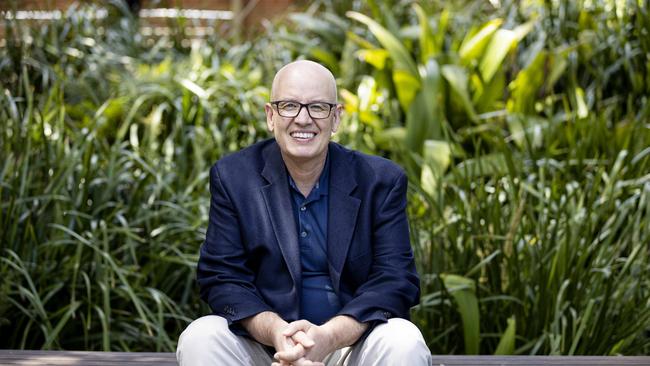
Leading Australian virologist Edward Holmes said a “bad memory” was behind the reason he didn’t disclose he was listed on a paper submitted to medical journals alongside a Wuhan Institute of Virology scientist.
Professor Holmes was co-author of a paper titled the Proximal Origins of SARS-CoV-2 that claimed Covid-19 was a natural virus and “improbable” it was a laboratory construct. But when authorising that paper, he did not disclose his work on a previous paper with a Wuhan scientists.
He said he forgot his name was listed on a January 2018 paper about bat coronaviruses with a Wuhan Institute of Virology researcher, Jie Cui, a former postdoctoral student of his. The paper was rejected by multiple medical journals and never published.
Professor Holmes later blamed his “bad memory” and said it was an “extraordinary story.”
“It shows my bad memory … In late July this year, these 163 new bat coronavirus sequences appeared on GenBank for the Wuhan Institute of Virology, with no paper, just this kind of posting,” he said in an online interview in September 2022.
“The really shocking thing is my name is on the GenBank submission. When I saw this, I thought, ‘What is this?’. I could not, I couldn’t compute, thinking why am I on this. And then I look back, and … it turns out there was actually a paper that was never published. He (Mr Jie) did this one study on bat coronaviruses that they’d sequenced.”
Covid cover-up: Wuhan lab leak suspicions, Anthony Fauci and how the science was silenced
The unpublished paper included the partial sequence of RaTG13, one of the closest known genetic relatives to SARS-CoV-2.
“I think it gives you a snapshot of what they were working on in that lab the year before the pandemic starts,” Professor Holmes said, claiming they were working on SARS1.
A key basis for Professor Holmes’s position that Covid-19 was not lab-engineered is a claim the Wuhan Institute has no progenitor virus to SARS-CoV-2.
Declassified intelligence repeatedly states the Wuhan Institute was working on classified projects for the Chinese military that are not in the public domain.
The Wuhan Institute took its virus database offline in September 2019 and has never made it public, even to health officials.
On April 16, 2020, the University of Sydney released a statement from Professor Holmes prompted by “unfounded speculation on the origins” of Covid-19.
“There is no evidence that SARS-CoV-2, the virus that causes Covid-19 in humans, originated in a laboratory in Wuhan, China,” he said in the statement.
“The abundance, diversity and evolution of coronaviruses in wildlife strongly suggests that this virus is of natural origin.”
One of his co-authors of the Proximal Origins paper, in an email, disputed that there would be a “signature” of laboratory manipulation, making the point that he conducts genetic engineering and doesn’t leave a trace.
During the email discussion between the scientists, Ron Fouchier, from the Erasmus Medical Centre in Rotterdam, disagreed with fellow scientist Andrew Rambaut that the sequence data “clearly and unambiguously rules out any form of lab construct or engineering of the virus”.
Professor Fouchier stated: “Molecular biologists like myself can generate perfect copies of viruses without leaving a trace … The arguments for and against passaging and engineering are the same if you ask me.”
When discussing the order of the scientists’ names to be listed on the Proximal Origins paper, Professor Holmes wrote: “I’d be nervous about putting my name there (last) as I am amateur on the specific virological stuff we discuss. I feel I have only contributed to the writing.”
The Proximal Origins paper was used by governments, intelligence agencies and senior health officials to publicly counter questions over whether Covid-19 had inadvertently leaked from a Wuhan laboratory that houses the world’s largest collection of coronaviruses and was conducting risky gain-of-function research.
In response to questions from The Australian, Professor Holmes said accusations of a cover-up by the scientific community are “wrong, misleading and suggest a lack of understanding of scientific concepts, process and rigour”.
“Mounting scientific evidence continues to make it clear that a lab leak is an unsubstantiated allegation and was classed as ‘extremely unlikely’ by the World Health Organisation origins investigation. I stand by the conclusions made in the Proximal Origins paper,” he told The Australian.
“Calls to retract the paper are baseless and entirely unwarranted.”




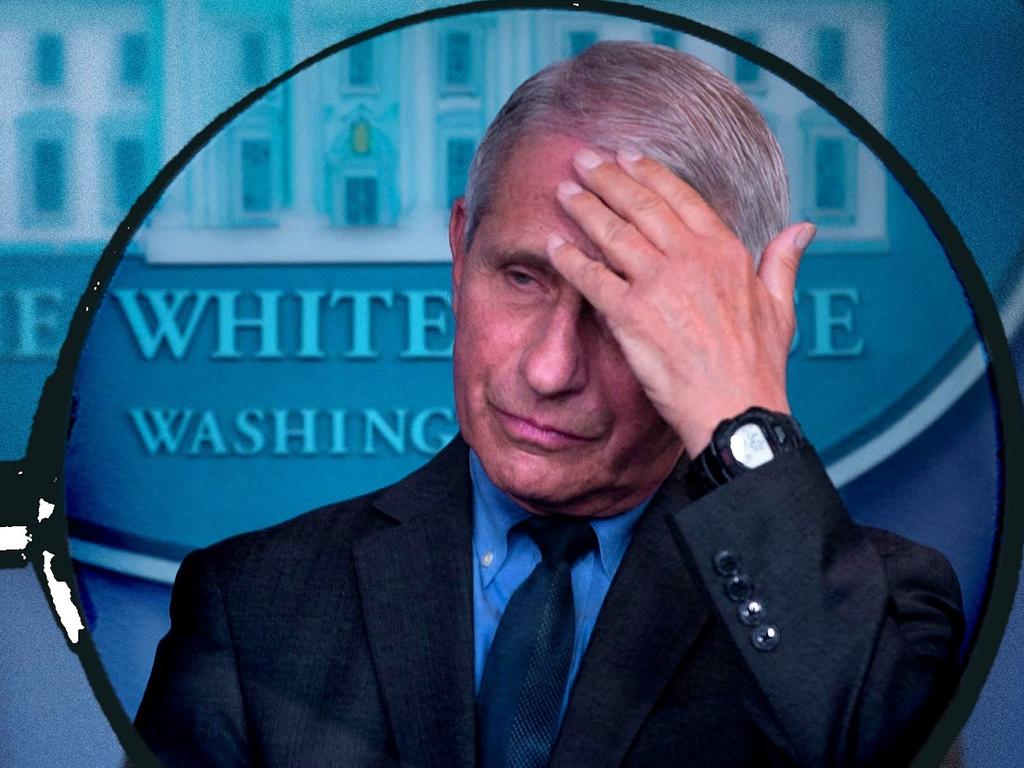
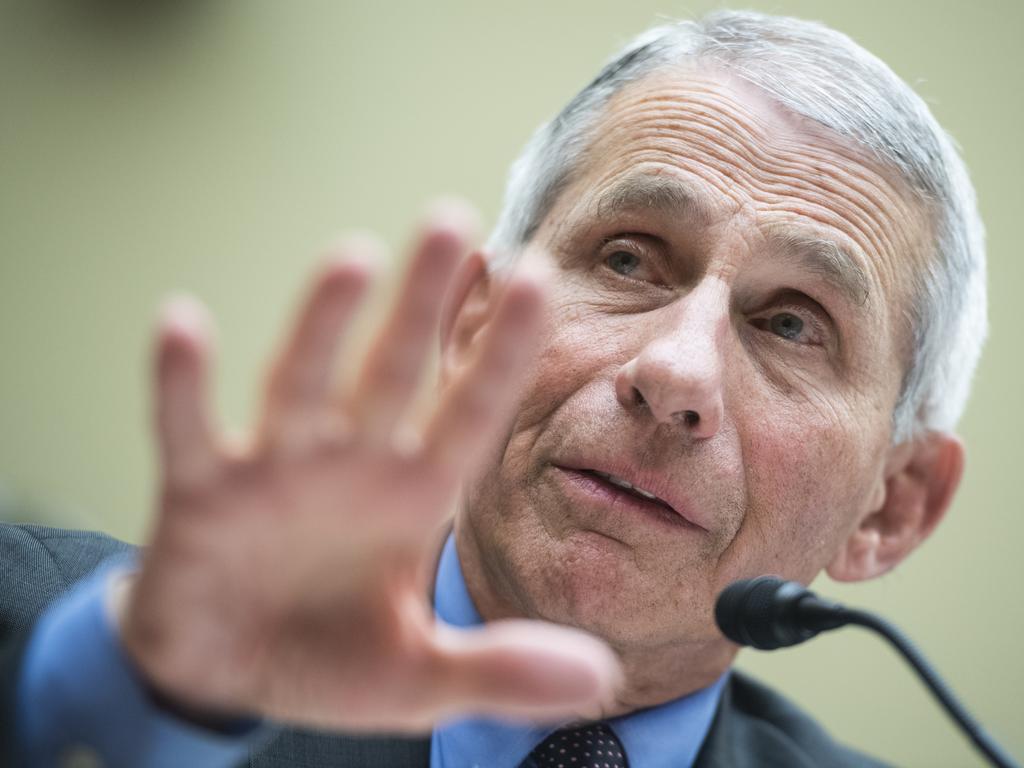
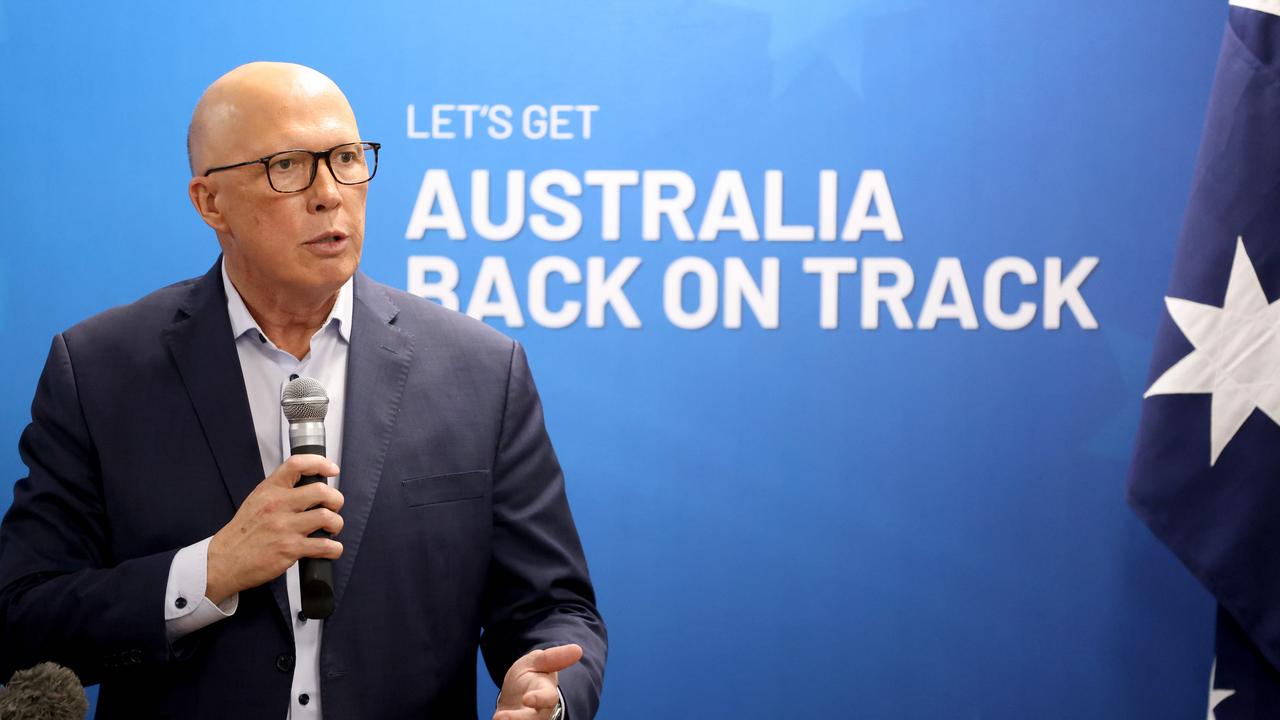
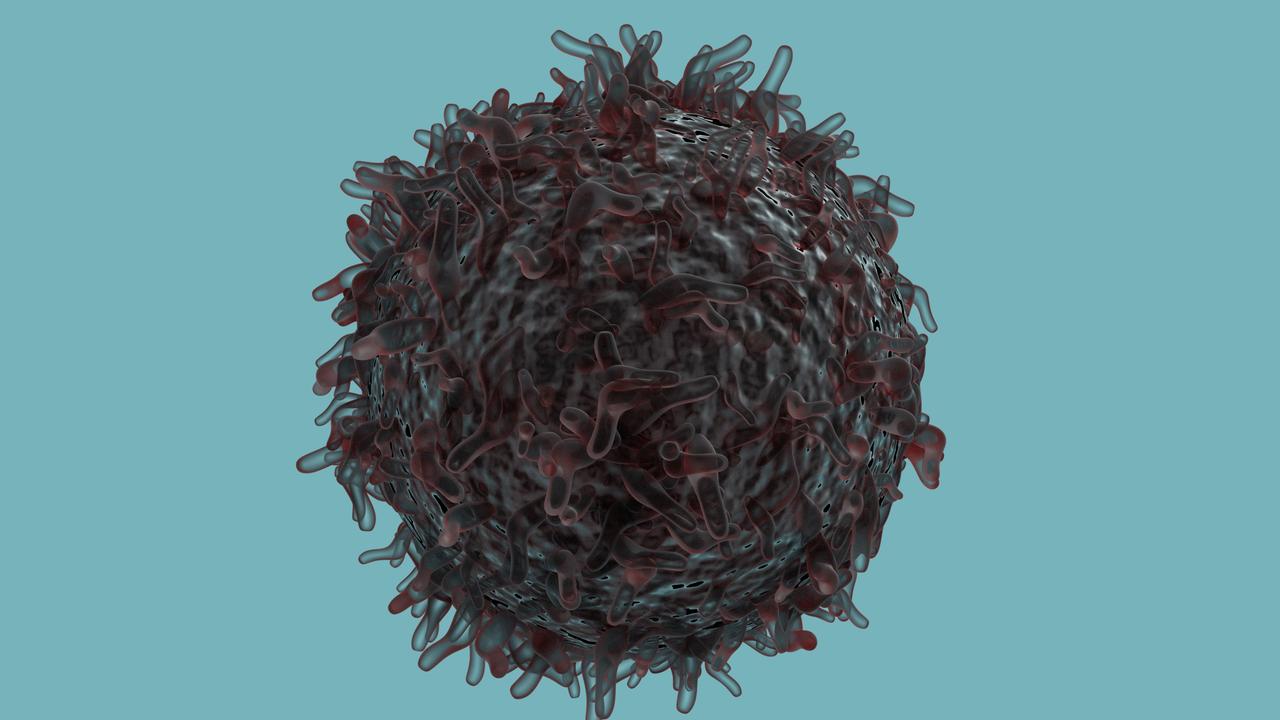
To join the conversation, please log in. Don't have an account? Register
Join the conversation, you are commenting as Logout